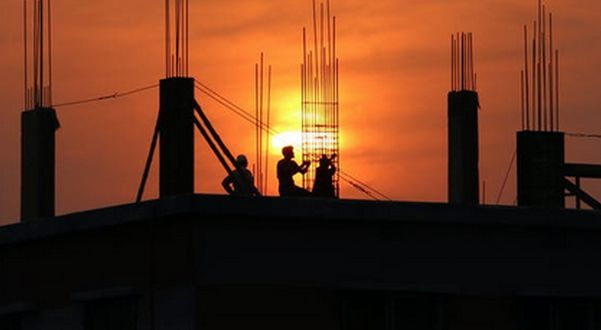
(Image courtesy Pexels)
(DAILY SCEPTIC) – No bricks, the walls and foundations made of compacted earth, cement made from clay and glass scavenged from demolition skips are just some of the construction changes needed to comply with Net Zero by 2050. The latest paper from Government-funded U.K. FIRES looks to “minimise new construction”, and notes the shape of the urban environment will change, allowing for “denser living and reduced transport needs”.
The latest U.K. FIRES paper seems to have slipped out quietly at the end of last year and has to date attracted little publicity. But the group, which comprises a number of academics led by Cambridge engineering professor Julian Allwood, made headlines around the world recently with previous work noting that all flying and shipping must stop by 2050, beef and lamb must be banned, and only 60% of energy will be available to cook food and heat homes. The group, which receives £5 million from Government sources, is interesting because it bases its recommendations on the brutal, and many would argue honest, reality of absolute Net Zero. It does not assume that technological processes still to be perfected or even invented will somehow lead to minimal disturbance in comfortable industrialised lifestyles. It could be further argued that its continued existence and pronouncements are important, since they highlight the dishonesty and deceit that surrounds many other Net Zero promoters.
WND is now on Trump’s Truth Social! Follow us @WNDNews
U.K. FIRES sees the future of construction based on stone, earth and timber, along with components “reused and repurposed” from demolition. Recycled steel, cement and bricks can be used, although this will be “constrained” – rationed might be a better word – by a supply of “non-emitting electricity under high demand”. Transformational construction changes will take longer to achieve, state the authors, but the U.K.’s ambitious target of a 45% reduction in emissions by 2030, “can only be achieved through reduced material demand.”
World Net Daily Rephrased By: InfoArmed
